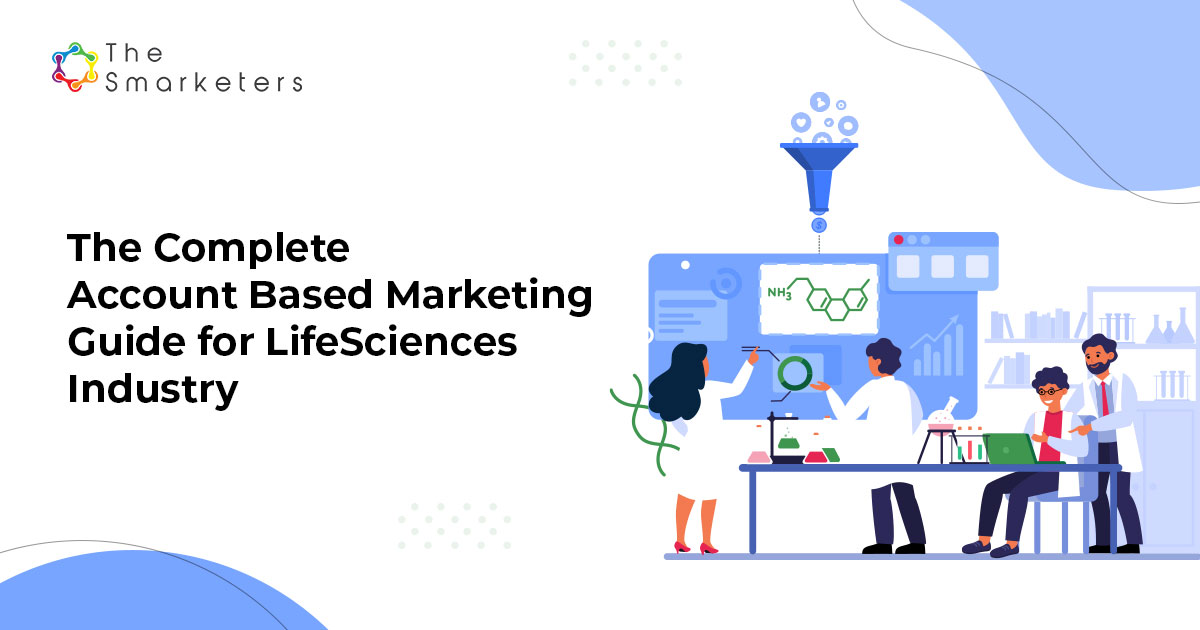The modern consumer seamlessly navigates through four social media platforms, and seven of every ten individuals visit social media sites daily. Since consumers are now highly tech-savvy, they are good at finding the right solutions for their challenges by surfing through the sea of channels and apps. Thus, it’s no surprise that marketers are striving to create a brand presence on various platforms, aiming to expand their reach.
However, building and maintaining meaningful relationships with modern consumers goes beyond a brand’s presence on multiple platforms – it demands a well-crafted and executed multichannel marketing strategy. A successful multichannel marketing strategy is built on a deep understanding of your target audience, clear objectives, and well-defined key performance metrics.
Whether you’re engaging customers through social media, email marketing, content marketing, or a combination of these channels, the foundation remains the same – you must start by analyzing and identifying the pain points/challenges of your target audience, create and deliver relevant messaging, and engage them on their preferred channels.
If you’ve found yourself grappling with the challenge of achieving the desired results in the realm of multichannel marketing, you’re in the right place. This blog will guide you through the intricacies of creating a solid multichannel marketing strategy, providing useful insights to drive your business goals to new heights.
What is Multichannel Marketing?
In essence, a multichannel marketing strategy is like having a toolkit with various distinct marketing channels, each serving as a unique instrument for your brand’s outreach efforts. This approach blends traditional avenues, such as print, television, and radio, with different digital platforms like email, social media, search engine optimization (SEO), pay-per-click (PPC) advertising, and many more.
The main goal of multichannel marketing is to invite your customers to connect with your brand through their preferred channels. By doing this, you enhance their experience, increasing the chances of them taking action, like making a purchase.
By embracing the multichannel approach, businesses can cast a wider net, diversify their marketing endeavors, and expertly tailor their messages to suit specific platforms—all while maintaining a cohesive and recognizable brand identity. Picture it as a strategy where your brand’s voice resonates across a spectrum of mediums, ensuring your message reaches its intended audience wherever they may frequent.
To grasp the essence of multichannel marketing, consider a scenario: You’re launching a new product and wish to create a buzz in the market. The first step is to start talking about the product, its features, benefits, and launch date on your social media channels and loop in your email subscribers.
Next, you can run targeted social media advertisements and create a dedicated landing page to target the audience towards the product. But why stop there?
Multichannel marketing encourages you to leverage offline platforms as well. You can reach the audience through print media, broadcast your message on the airwaves, or even deliver personalized mailers to their doorstep.
The synergy of these channels can amplify the impact of your marketing efforts, reaching the right people at the right time and via the right channels.
Benefits of Multichannel Marketing
A multichannel marketing strategy promises three core benefits:
- Wider market reach: Imagine if you only convey your message to people in one room; you’d miss out on everyone in other rooms who might be interested. Multichannel marketing is like talking to people in many different rooms. It helps you reach more people who might want to buy from you because your customers use different platforms to find solutions to their challenges.
- Better customer experience: Think of your brand like a storybook. Whether your customers visit your website and social media pages, see your ads, or talk to your customer service, they want the same story throughout. Multichannel marketing makes sure your brand’s message is the same everywhere. This way, your customers enjoy a consistent experience.
- Increased sales: The more you engage with your customers, the more likely they’ll convert into buyers. So, by engaging with potential customers on different channels, you can position your brand as a reliable partner for their needs and pain points. Meaningful and consistent engagement helps nurture leads into loyal customers.
How to Build a Multichannel Marketing Strategy?
Building a multichannel marketing strategy involves meticulous planning and strategic execution. Marketers must keep the following pointers in mind while creating a multichannel marketing strategy:
- Prioritize Customer-Centricity: Your multichannel marketing strategy should begin with a deep understanding of your customers’ preferences, behaviors, and needs. To create a successful plan, focus on their journey and preferred touchpoints. Tailor your marketing initiatives to add genuine value to their experiences.
- Maintain Consistency: Consistency is key to building a strong brand identity. Align your messaging, visual elements, tone of voice, and overall customer experience across all platforms. This consistency reinforces brand recognition and trust, ensuring a seamless transition for customers between different channels.
- Choose the Right Channels: Selecting the right marketing channels is essential. Concentrate your efforts on platforms where your target audience is active. For instance, if you sell apparel, consider platforms like Instagram, TikTok, and Facebook. For DIY or homeware products, prioritize Pinterest and YouTube. Categories such as organic search, social media, and email are solid starting points, but adapt your choices based on your audience’s preferences.
- Drive Engagement: Beyond scheduled posts, focus on fostering engagement. Likes, comments, shares, and interactions are as vital as views. Encourage engagement by simply asking for it. Start conversations with your customers instead of just talking to them. Respond to comments and encourage interactions to boost engagement, as this can lead to even more engagement due to how social algorithms work.
- Embrace Marketing Automation: Harness the power of marketing automation tools to streamline your multichannel efforts. Automation can handle repetitive tasks like email marketing, data extraction, and visualization, allowing you to personalize interactions and maintain consistency across all touchpoints.
- Deliver Personalized Marketing: Leverage the wealth of available data to personalize your marketing efforts. Use personalized emails, product recommendations, and content tailored to user behavior. Personalization can increase engagement, drive higher conversion rates, and build customer loyalty.
- Measurement & Optimization: Implement a data-driven approach by tracking, measuring, and analyzing each channel’s performance using metrics aligned with your business goals. This approach enables real-time adjustments and continuous improvement of your multichannel marketing strategy.
The bottom line…
In a world where consumers are more interconnected than ever, mastering the art of multichannel marketing is a necessity for brands. As we wrap up our exploration of this dynamic marketing strategy, one thing is clear: the potential for growth, engagement, and success is boundless when you bring your brand to where your customers are.
A well-crafted multichannel marketing plan does more than spread your message; it creates a symphony of rich experiences, inviting customers to engage with your brand on their terms. It’s a strategy that places the customer at the center, ensuring that their preferences and needs drive your marketing initiatives.
Consistency emerges as the cornerstone of brand identity, cementing trust and recognition as customers move seamlessly between channels. The careful selection of the correct channels, coupled with a focus on engagement, can transform viewers into buyers.
As you embark on your multichannel marketing journey, remember that the ultimate goal is not just to speak to your customers but to converse with them. It’s about building lasting connections and providing value through each interaction.
If you are looking for an expert partner to kickstart your multichannel marketing journey, The Smarketers is the right choice! Our experts are well-versed in the nitty-gritty of various marketing channels. So, we can help tailor your marketing efforts to best suit your target audience via a mix of channels.
Book a session with a Smarketer today!











